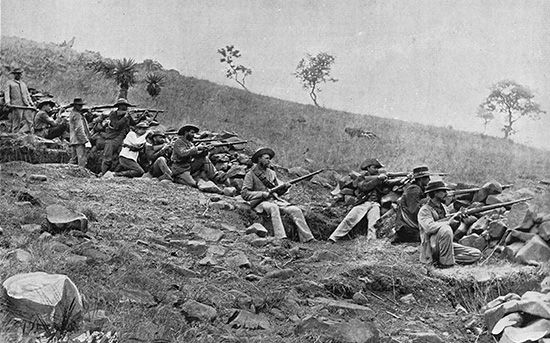history of South Africa
Learn about this topic in these articles:
Assorted References
- major treatment
- In South Africa: History of South Africa

The prehistory and history of South Africa span nearly the entire known existence of human beings and their ancestors—some three million years or more—and include the wandering of small bands of hominins through the savanna, the inception of herding and farming as…
Read More
- 1994 elections
- In 20th-century international relations: South Africa
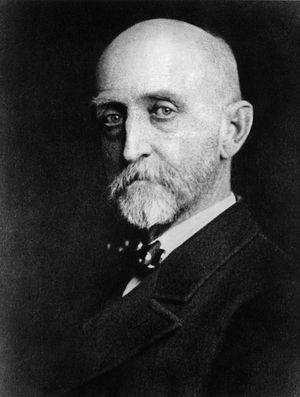
The end of the Cold War also promoted progress in the long-standing South African conflict. To be sure, Western and Soviet-bloc states had ritually condemned apartheid and imposed economic sanctions against the white government. So long as South Africa could point to the…
Read More
- African Cup of Nations
- In Africa Cup of Nations

…the 1996 tournament at home, South Africa’s racially mixed team seemed to symbolize football’s power to bridge the gaping social and economic inequalities left by apartheid. In contrast, the Algerian government was unable to capitalize on Algeria’s victory in the 1990 Cup of Nations, as fans celebrated the team’s triumph…
Read More
- African Union
- In African Union: Creation and achievements of the OAU
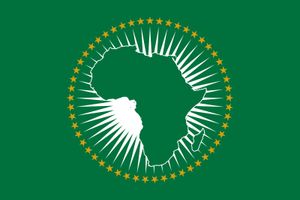
It monitored events in South Africa and advocated international economic sanctions against that country as long as the official policy of apartheid was in place. In 1993 the OAU created a mechanism to engage in peacemaking and peacekeeping on the continent. In 1998 the OAU sponsored an international panel…
Read More
- Afrikaner-Broederbond
- In Afrikaner-Broederbond
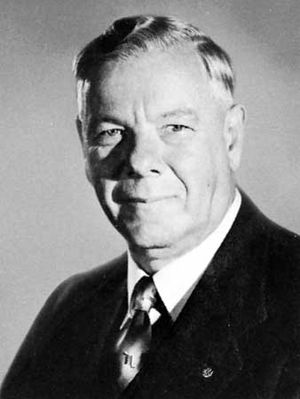
South African secret society composed of Afrikaans-speaking Protestant, white men over the age of 25. Although its political power was extensive and evident throughout South African society for many decades, its rituals and membership—by invitation only—remained secret.
Read More
- capital punishment
- In capital punishment: The abolition movement
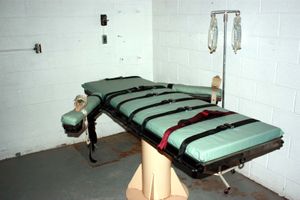
In South Africa, which formerly had one of the world’s highest execution rates, capital punishment was outlawed in 1995 by the Constitutional Court, which declared that it was incompatible with the prohibition against cruel, inhuman, or degrading punishment and with “a human rights culture.”
Read More
- civil rights struggle
- In civil rights: Civil rights movements across the globe
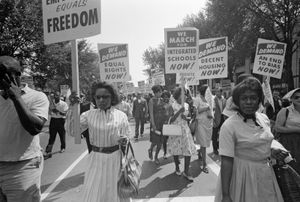
…to the end of the South African system of racial segregation known as apartheid. The resistance movement began in the 1940s and intensified in the 1950s and ’60s, when civil rights as a concept was sweeping the globe, but it was forced underground as most of its leaders were imprisoned,…
Read More
- Cold War
- In 20th-century international relations: Regional crises

Congress (ANC) against apartheid in South Africa, for instance, might serve Soviet strategic aims, but the Black rebellion against white rule was surely indigenous. White-supremacist governments in southern Africa might argue, correctly, that the standard of living and everyday security of Blacks were better in their countries than in most…
Read More
- colonial states
- In Southern Africa: The nature of colonial rule

By the beginning of the 20th century the subcontinent was under European rule, and its disparate societies were increasingly meshed into a single political economy. The annexation of African territories meant the establishment of new states, and colonial rule was given perceptible effect…
Read More
- decolonization
- In Southern Africa: South Africa

The process of decolonization in south-central Africa and the High Commission territories was generally peaceful. By the late 1960s the few remaining nonindependent African countries were all in settler-dominated Southern Africa. The 1970s were a time of escalating wars of liberation in Mozambique,…
Read More
- fascism
- In fascism: National fascisms

…fascist groups were founded in South Africa after 1932, including the Gentile National Socialist Movement and its splinter group, the South African Fascists; the South African National Democratic Party, known as the Blackshirts; and the pro-German Ox-Wagon Sentinel (Ossewabrandwag). By 1939 there were at least seven Arab “shirt” movements, including…
Read More - In fascism: Neofascism outside Europe

…most significant neofascist group in South Africa after 1945 was the South African Gentile National Socialist Movement (the “Greyshirts”), which changed its name to the White Workers Party in 1949. Although the party did not succeed in creating a mass movement, it did encourage the adoption of policies of white…
Read More
- Great Trek
- In Great Trek
…Boers from Cape Colony in South Africa between 1835 and the early 1840s, in rebellion against the policies of the British government and in search of fresh pasturelands. The Great Trek is regarded by Afrikaners as a central event of their 19th-century history and the origin of their nationhood. It…
Read More
- In Great Trek
- Pan-Africanist Congress of Azania
- In Pan-Africanist Congress of Azania
>South African organization and later political party pursuing “Africanist” policies in South Africa (which they would rename Azania) for black South Africans, in contrast to the nonracial or multiracial policies of other organizations, such as the African National Congress (ANC).
Read More
- In Pan-Africanist Congress of Azania
- post-World War I expansionism
- In 20th-century international relations: The reorganization of the Middle East

) In South Africa the war propelled General Jan Smuts to international prominence and an influential role at the peace conference. South African expansionists clung to their own version of manifest destiny and dreamed of absorbing German South West Africa, Bechuanaland, and Rhodesia to forge a vast…
Read More
- South Africa Act
- In Southern Africa: The South African War

…Parliament in 1909, the four South African colonies of Transvaal, Natal, Orange Free State, and the Cape were unified as provinces of the Union of South Africa. Although much British propaganda before and during the South African War had been concerned with the political rights of British subjects regardless of…
Read More
- Southern Africa
- In Southern Africa: The annexation of Southern Africa

…the creation of a unified South Africa.
Read More
- SWAPO
- In SWAPO Party of Namibia
Beginning in 1978 South Africa made periodic retaliatory land and air strikes into Angola. Herman Toivo ja Toivo, a cofounder of SWAPO, was imprisoned in South Africa for a 20-year term in 1968 but was released in 1984.
Read More
- In SWAPO Party of Namibia
- Truth and Reconciliation Commission
- In Truth and Reconciliation Commission, South Africa
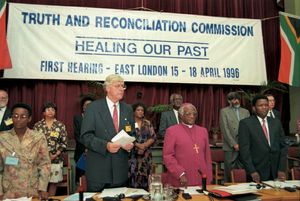
…body established by the new South African government in 1995 to help heal the country and bring about a reconciliation of its people by uncovering the truth about human rights violations that had occurred during the period of apartheid. Its emphasis was on gathering evidence and uncovering information—from both victims…
Read More
- white rule consolidation
- In Southern Africa: The consolidation of white rule in Southern Africa

…to increasing international censure of South African racial policies.
Read More
conflicts
- battles of Isandhlwana and Rorke’s Drift
- In Battles of Isandlwana and Rorke’s Drift
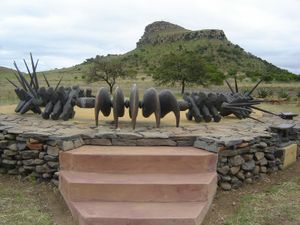
…of the Anglo-Zulu War in Southern Africa.
Read More
- Gun War
- Mfecane
- In Mfecane
In South Africa itself the Mfecane caused immense suffering and devastated large areas as refugees scrambled to safety in mountain fastnesses or were killed, thus easing the way for white expansion into Natal and the Highveld. In the Cape Colony it greatly increased pressures on the…
Read More
- In Mfecane
international relations
- Botswana
- In history of Botswana: British protectorate
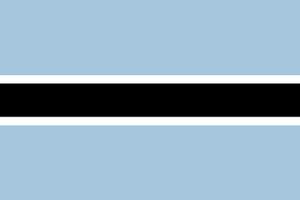
…to the new Union of South Africa. Hence, the administrative capital remained at Mafeking (Mahikeng)—actually outside the protectorate’s borders in South Africa—from 1895 until 1964. Investment and administrative development within the territory were kept to a minimum. It declined into a mere appendage of South Africa, for which it provided…
Read More
- British Empire
- In British Empire: Dominance and dominions

…and Uganda, and the British South Africa Company operated in what are now Zimbabwe (formerly Southern Rhodesia), Zambia (formerly Northern Rhodesia), and Malawi. Britain’s victory in the South African War (1899–1902) enabled it to annex the Transvaal and the Orange Free State in 1902 and to create the Union of…
Read More - In dominion
…New Zealand, the Union of South Africa, Eire, and Newfoundland. Although there was no formal definition of dominion status, a pronouncement by the Imperial Conference of 1926 described Great Britain and the dominions as “autonomous communities within the British Empire, equal in status, in no way subordinate one to another…
Read More - In Statute of Westminster
Australia, New Zealand, South Africa, Ireland, and Newfoundland.
Read More - In United Kingdom: Imperialism and British politics

British-Boer relations in South Africa, always tense, were further worsened after the Jameson raid of December 1895, and, in October 1899, war began. The early stages of the struggle were favourable to the Boers, and it was not until spring 1900 that superior British equipment began to count.…
Read More
- Canada
- In Canada: Canada and the Commonwealth

…in the crisis precipitated by South Africa’s apartheid policy. To a multiethnic association such as the Commonwealth, South Africa was not only an anomaly but a reproach. Yet a basic rule of the Commonwealth was that of nonintervention in the domestic affairs of members. The issue came to a head…
Read More
- Commonwealth
- In Commonwealth: Membership and criteria
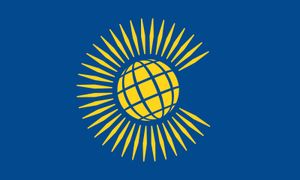
…organization, as did Ireland (1949), South Africa (1961), and Pakistan (1972), though both South Africa and Pakistan eventually rejoined (the former in 1994 and the latter in 1989).
Read More
- Lesotho
- In Lesotho: Basutoland (1871–1966)
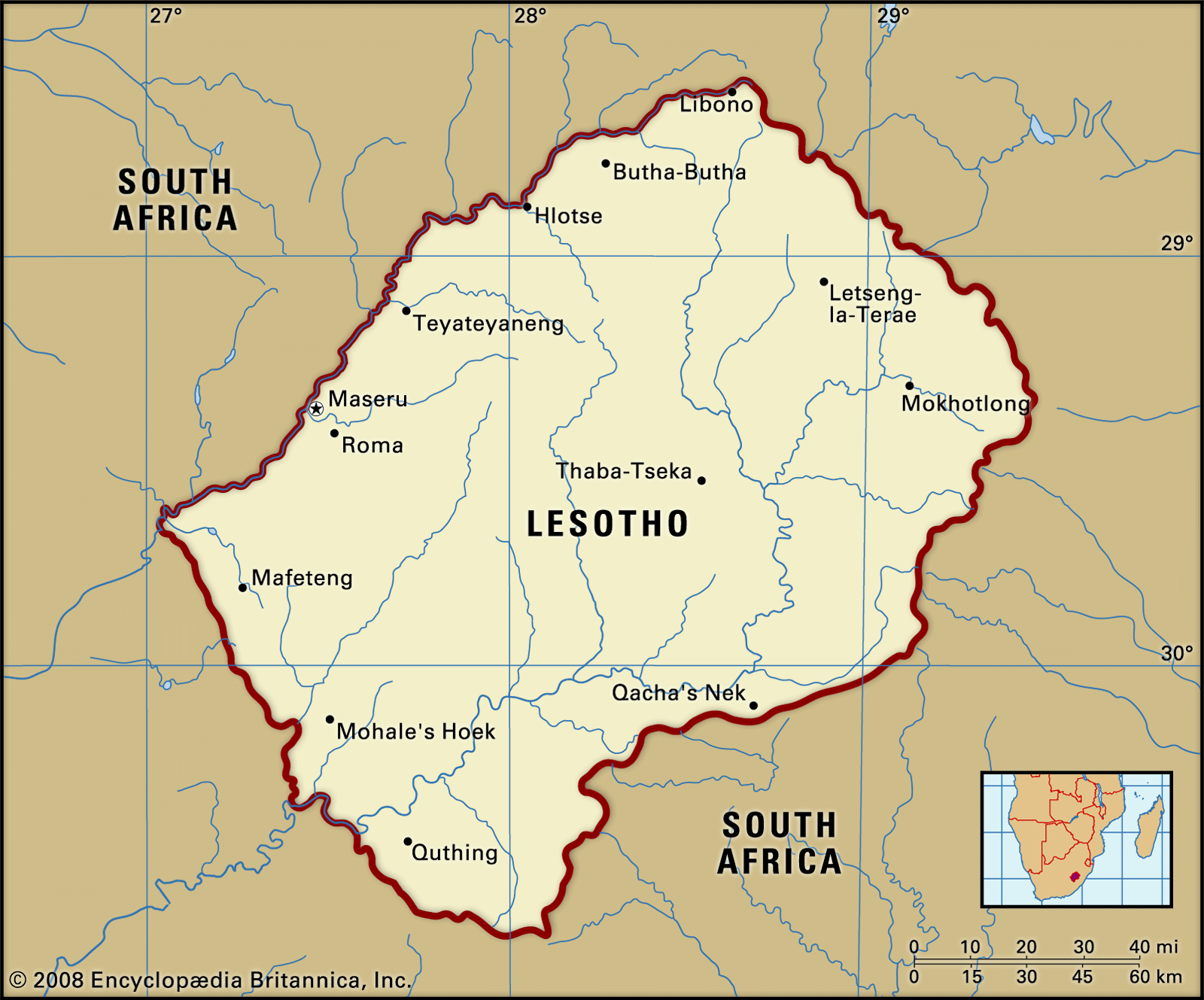
…creation of the Union of South Africa (1910). In order to acquire cheap labour and to end competition from independent African agricultural producers, landowners and miners encouraged the adoption of policies that deprived the indigenous population of its social and political rights and most of its land. Sotho farmers took…
Read More
- Malawi
- In Malawi: The Banda regime, 1963–94
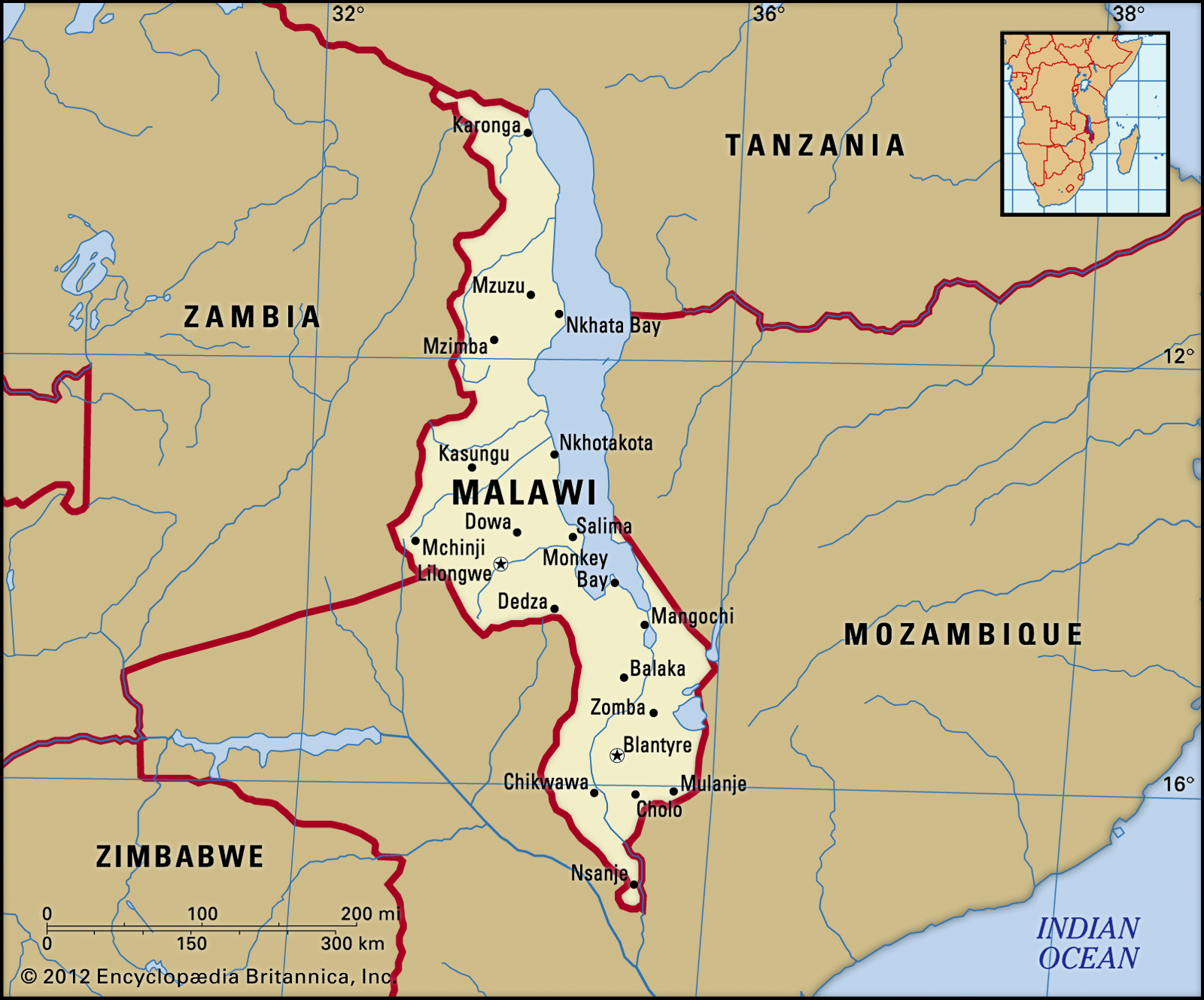
…black majority-ruled countries near minority-ruled South Africa that wished to reduce their dependence on that country. Banda refused to sever formal diplomatic ties with the apartheid regime in South Africa, however—a decision that was not popular with the other leaders in the region.
Read More
- Mozambique
- In Samora Machel
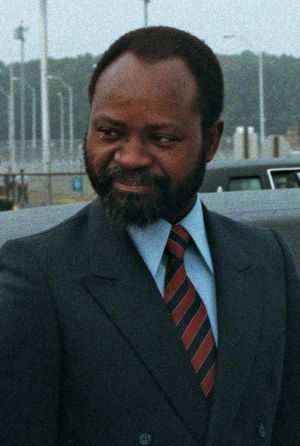
…sign the Nkomati Accord with South Africa in 1984, under which each country agreed not to support the other country’s opposition movements, and thereby maintained an economic relationship with the white minority government battling the African National Congress. His charisma and personal style kept his government in power despite the…
Read More
- Namibia
- In Owambo
…a mandated territory administered by South Africa. Fighting between the South West Africa People’s Organization (SWAPO) and South African forces persisted until 1990, when Namibia became independent.
Read More - In Namibia: The Boer conquest

In 1914–15 South African troops invaded and captured South West Africa as part of the World War I conquest of the German colonies in Africa. Except for diamond mines, most property—including Tsumeb—found its way back into German hands. The rising De Beers colossus bought Oranjemund and the…
Read More - In Namibia: Independence

South Africa agreed to a transition to Namibian sovereignty over Walvis Bay, which was effected in 1994. It also agreed to a revised boundary along the Orange River, giving Namibia riparian rights; the earlier border had been placed on the north bank and thus left…
Read More
- In Owambo
- United Nations
- In United Nations: Dependent areas
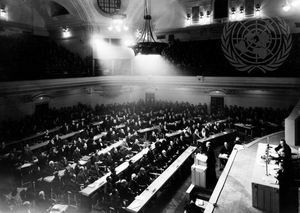
for Namibia from South Africa, carried out from the 1940s to the ’80s, represent perhaps the most enduring and concerted attempt by the organization to promote freedom for a former colony. In 1966 the General Assembly took action to end the League of Nations mandate for South West…
Read More
role of
- Gandhi
- In Mahatma Gandhi: Sojourn in England and return to India of Mahatma Gandhi
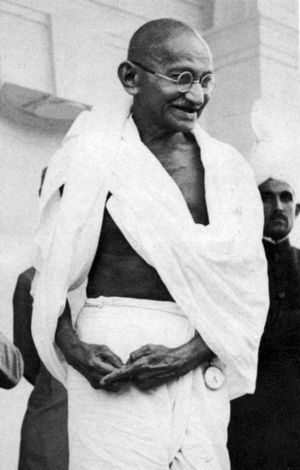
…an Indian firm in Natal, South Africa.
Read More
- Griqua people
- Lutuli
- In Albert John Luthuli
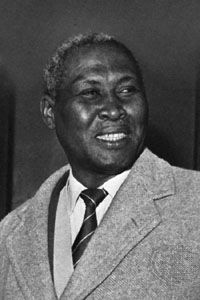
>South Africa. He was the first African to be awarded a Nobel Prize for Peace (1960), in recognition of his nonviolent struggle against racial discrimination.
Read More
- Mandela
- In Britannica Remembers Nelson Mandela
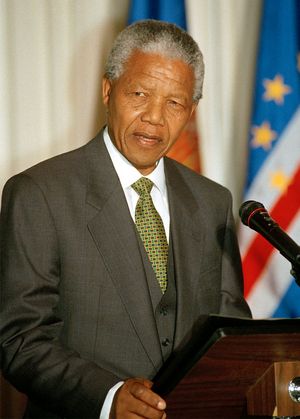
…Britannica’s London office:
Read More
- Philip
- In John Philip
…stations in what is now South Africa. His findings led to a condemnation of the colonists for their harsh treatment of the Khoekhoe. Subsequently appointed the first superintendent for the missions of the society, Philip devoted the rest of his life to promoting the cause of the Africans and the…
Read More
- In John Philip
- Rhodes
- In Cecil Rhodes
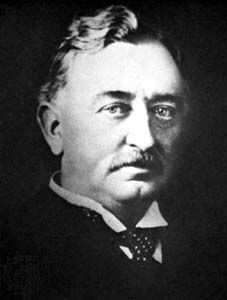
…and empire builder of British South Africa. He was prime minister of Cape Colony (1890–96) and organizer of the giant diamond-mining company De Beers Consolidated Mines, Ltd. (1888). By his will he established the Rhodes scholarships at Oxford (1902).
Read More
- Schreiner
- In William Philip Schreiner
…1919, Llandrindod Wells, Radnor, Wales) was a Southern African politician who was prime minister of Cape Colony at the outbreak of the South African War (1899–1902); he was the younger brother of author and political activist Olive Schreiner. A moderate politician, he tried to prevent the war and later was…
Read More
- In William Philip Schreiner
- Wolseley
- In Garnet Wolseley, 1st Viscount Wolseley
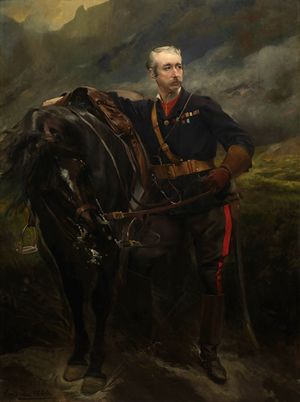
…rights to promote federation in South Africa. When calamity struck the British forces battling the Zulus in 1879, Wolseley was given command in South Africa. After restoring order in Zululand, he moved on to the Transvaal, where he discouraged rebellion among the Boers.
Read More
treaties and agreements
- Antarctic Treaty
- In Antarctic Treaty
New Zealand, Norway, South Africa, the United States, and the Soviet Union. Later other nations acceded to the treaty.
Read More - In Antarctica: The Antarctic Treaty

Norway, South Africa, the Soviet Union, the United Kingdom, and the United States), the treaty was enacted on June 23, 1961.
Read More
- In Antarctic Treaty
- Mozambique Conventions
- In Mozambique Conventions
…of agreements concerning relations between South Africa and Mozambique. The initial convention, concluded between Portugal and the Transvaal republic in 1875, provided for commercial relations between the parties and the building of a railroad between Lourenço Marques in Mozambique and the Transvaal. After the annexation of the Transvaal by Great…
Read More
- In Mozambique Conventions
- Sand River and Bloemfontein conventions
- In Sand River and Bloemfontein conventions
…a tragic turning point in South African history. The abandoning of the interior by the British in the 1850s, they imply, created the conditions that led to the South African War (1899–1902) between the British and the Boers. Likewise, the retreat of British “civilizing” influences in the 1850s and the…
Read More
- In Sand River and Bloemfontein conventions

